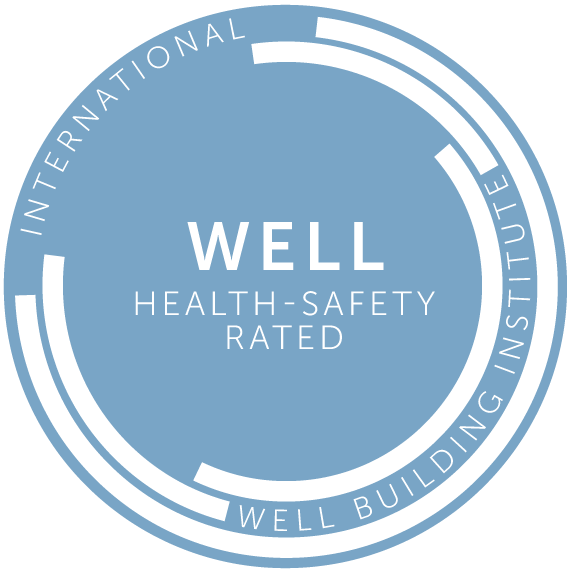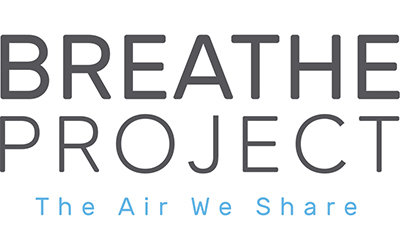Indoor Air and Our Need to Protect Children’s Health
Nsedu Witherspoon, MPH | Executive Director, Children's Environmental Health Network
Watch This Presentation:
Children deserve access to clean water and air, safe food, and healthy and secure environments in which to live, learn and play. Over the past decades, the federal government established science-based protections to help ensure children’s health and safety. There are opportunities at agencies to prioritize children’s health including in the funding of grant proposals, development of risk assessments or impact assessments, or the creation of child-focused advisory committees. However, when administrations fail to listen to scientists and advisors and made decisions that go against firmly grounded scientific evidence and the public, these policy moves will disproportionately harm young children. Environmental pollutants are particularly harmful to babies and children from before birth to age eight because their bodily systems are still developing. They are not just little adults; they eat, drink, and breathe more relative to their body size, making their exposure to toxic substances more pronounced. Early life exposure can affect a child’s development, both physical and mental, throughout their lifespan. Ms. Witherspoon discusses indoor air pollution, exposure routes and impacts on children’s environmental health. The presentation will offer public health best practices and lessons learned from some case examples that are working to promote safer and healthier indoor environments. Children spend a good amount of time in their homes, child care and school settings. The reality of COVID-19, the implications to children staying indoors more often and the equity considerations to such exposures will also be discussed. She will discuss the vital need for future administrations to take strong policy action on climate change, which has implications on indoor air quality, to protect children and how grassroots community engagement plays a massive role in furthering that same goal.

About the Speaker
Nsedu Obot Witherspoon, MPH, serves at the Executive Director for the Children’s Environmental Health Network (CEHN), where her responsibilities include successfully organizing, leading, and managing policy, education/training, and science-related programs. For the past 20 years, she has served as a key spokesperson for children’s vulnerabilities and the need for their protection, conducting presentations and lectures across the country. She is a leader in the field of children’s environmental health, serving as a member of the NIH Council of Councils, on the External Science Board for the Environmental Influences on Child Health Outcomes (ECHO) NIH Research and is a leader in the Cancer-Free Economy Network. Ms. Witherspoon is also a Board member for the Pesticide Action Network of North America, the Environmental Integrity Project, and serves on the Maryland Children’s Environmental Health Advisory Council. Ms. Witherspoon has held past appointments on the Science Advisory Board for the Centers for Disease Control and Prevention and Children’s Health Protection Advisory Committee for the Environmental Protection Agency. She is a past member of the National Association of Environmental Health Sciences Council and the Institute of Medicine’s Environmental Health Sciences Roundtable. Ms. Witherspoon has a variety of publications and has the distinct honor of having one of CEHN’s leadership awards, the Nsedu Obot Witherspoon (NOW) Youth Leadership Award, named in her honor. She is also the recent recipient of the William R. Reilly Award in Environmental Leadership from the Center for Environmental Policy at American University. Ms. Witherspoon has a B.S. in Biology Pre Med from Siena College and a M.P.H. in Maternal and Child Health from The George Washington University, School of Public Health and Health Services. She is a proud mom to 4 children!




